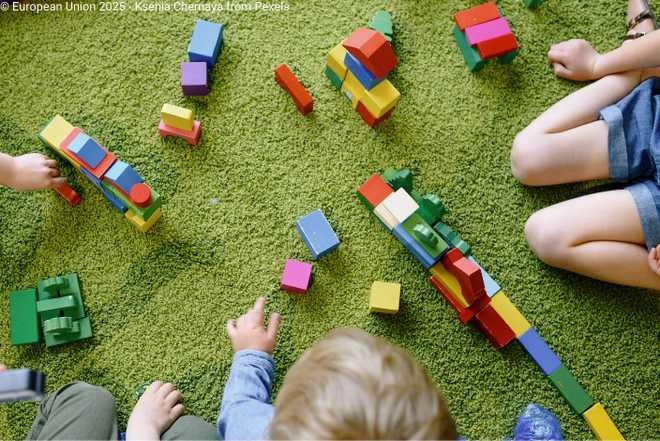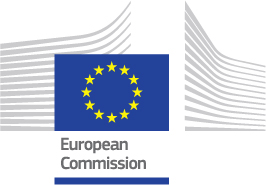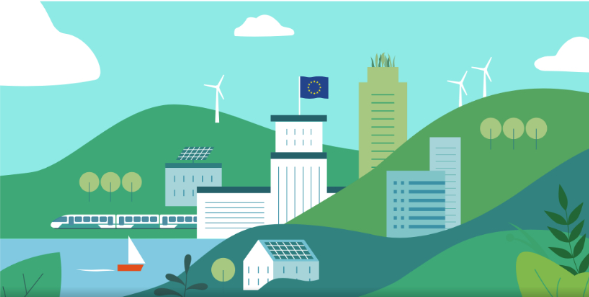Students as designers of learning spaces (re-run)
Course details
This course is back after a successful run in 2022. It invites teachers to rethink the role of learning spaces in fostering creativity, collaboration, and 21st-century skills. Participants will explore methods to co-design spaces with students, applying frameworks like design thinking and leveraging innovative tools, including generative AI. Through reflective activities and a hands-on Learning Journal, participants will build practical plans to transform their classrooms into inclusive, sustainable, and flexible environments. The course emphasises collaboration, problem-solving, and the integration of European educational priorities, including diversity and digital innovation.
Offered by the European School Education Platform, this course supports educators in driving meaningful changes in their teaching practices and learning environments.
The course is offered by the European School Education Platform. Visit our website for more information.
Duration and workload
Start and end date: open-ended, you can take this course (or any section) at your own pace
Duration: self-paced
Workload: 8-10 hours
This course is based on a version that ran from Monday, 10 February 2025, to Wednesday, 26 February 2025. The original course provided participants with opportunities to interact during a specific active timeframe of 2.5 weeks, exchange ideas and engage in a peer assessment. However, we recognise that not everyone was able to attend during the scheduled timeline.
To make the course accessible to a wider audience, we’ve developed this self-paced format. This version allows you to explore the content and complete the activities at your own pace, whenever it suits you best.
What the self-study format means:
- Flexible schedule: You decide when and how to engage with the course materials. There are no deadlines, live sessions, or required meeting times.
- Independent learning: While the original course included discussions and peer reviews taking place in certain days and weeks, this format empowers you to work independently, using the same materials and guidance provided during the initial version. Please note that discussions in the forums and contributions on Padlets will not be moderated, allowing for a fully self-directed learning experience.
- Self-assessment: To replicate some of the reflective benefits of peer feedback, you will be encouraged to evaluate your own work using the provided assessment criteria.
Course competences
The recipient of this certificate has demonstrated proficiency of the following competences according to the digital competence framework of the European Commission's SELFIE for TEACHERs tool:
- Professional engagement- Reflective practice s at B2 level
- Teaching and learning – Guidance at B1 level
- Teaching and learning – Self-regulated learning at B2 level
- Empowering learners – Actively engaging learners at B1 level
Target audience
Teachers from all school levels and disciplines, as well as other school staff (librarians, school leaders, coordinators for teaching training, etc.) who wish to engage students in co-creating impactful learning spaces. Participants may have varying levels of experience with classroom transformations.
Learning objectives
- Deepen and expand their understanding of the relationship between learning spaces and student engagement by identifying specific ways space design impacts educational outcomes.
- Explore and apply design thinking and co-creation methodologies in educational settings by articulating their potential to enhance classroom innovation.
- Investigate the use of digital tools, including generative AI, in innovative classroom design by evaluating their advantages, challenges, and educational impact.
- Critically align educational projects with European priorities such as inclusion, sustainability, diversity, and digital innovation by analysing relevant case studies and frameworks.
- Show their understanding and reflections in a learning journal that will be evaluated by peers.
This content is offered by the European Commission. The European Commission is the European Union's politically independent executive arm. It is alone responsible for drawing up proposals for new European legislation, and it implements the decisions of the European Parliament and the Council of the European Union.

Schedule
- How this self-paced course works
- Module 1: Why do learning spaces matter?
- Module 2: Engaging students in the transformation process
- Module 3: Final activity - Transforming a learning space
- Certificate of completion: self-paced course


